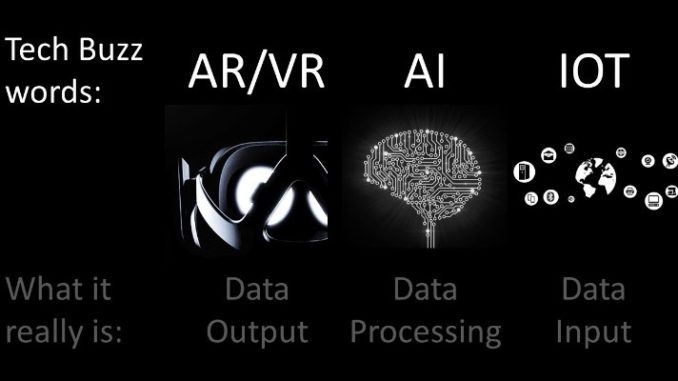How Artificial Intelligence, Virtual Reality, and IoT are redefining the Hospitality Industry
1. AI helps brands personalize the customer experience
2. Virtual reality allows travelers to try before they buy
3. Integrating home life with travel life
Have you heard about the Internet of things? Yes, an idea that has changed the world. You can have access to your home appliances while you are traveling or at a remote location.
Today, AI, VR, and IoT in hospitality are all converging. More connected devices mean more data. That means AI algorithms are trained on better datasets and can perform more functions. And a greater understanding of guests’ interests, desires, and experiences means more interactive and engaging VR experiences before, en-route, and at their destination.
As customer expectations rise, technology offers an answer. The challenge for hospitality brands is investing in the right systems before it’s too late.
If you’ve enjoyed reading this article, please share it with your friends and colleagues. Thanks


Leave a Comment